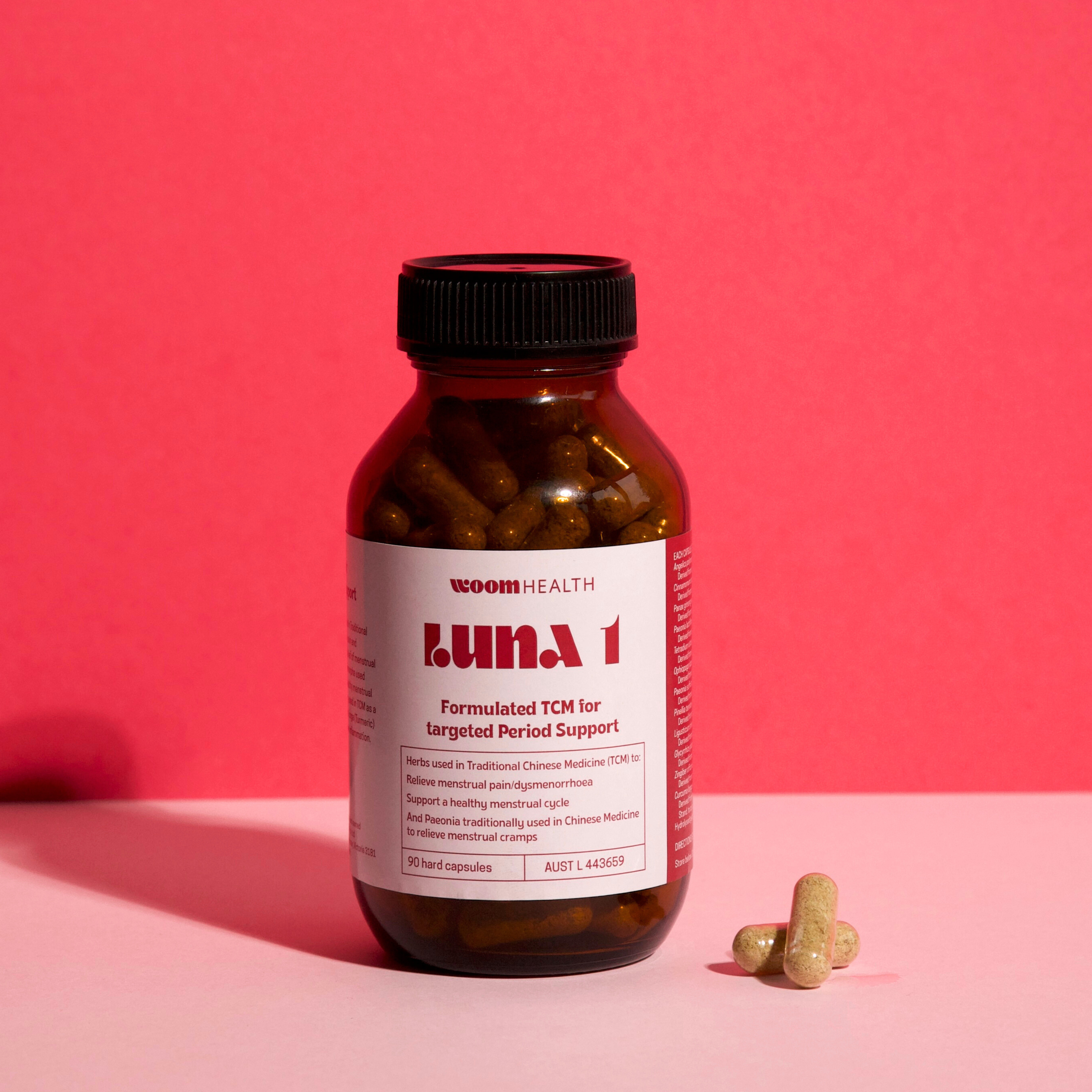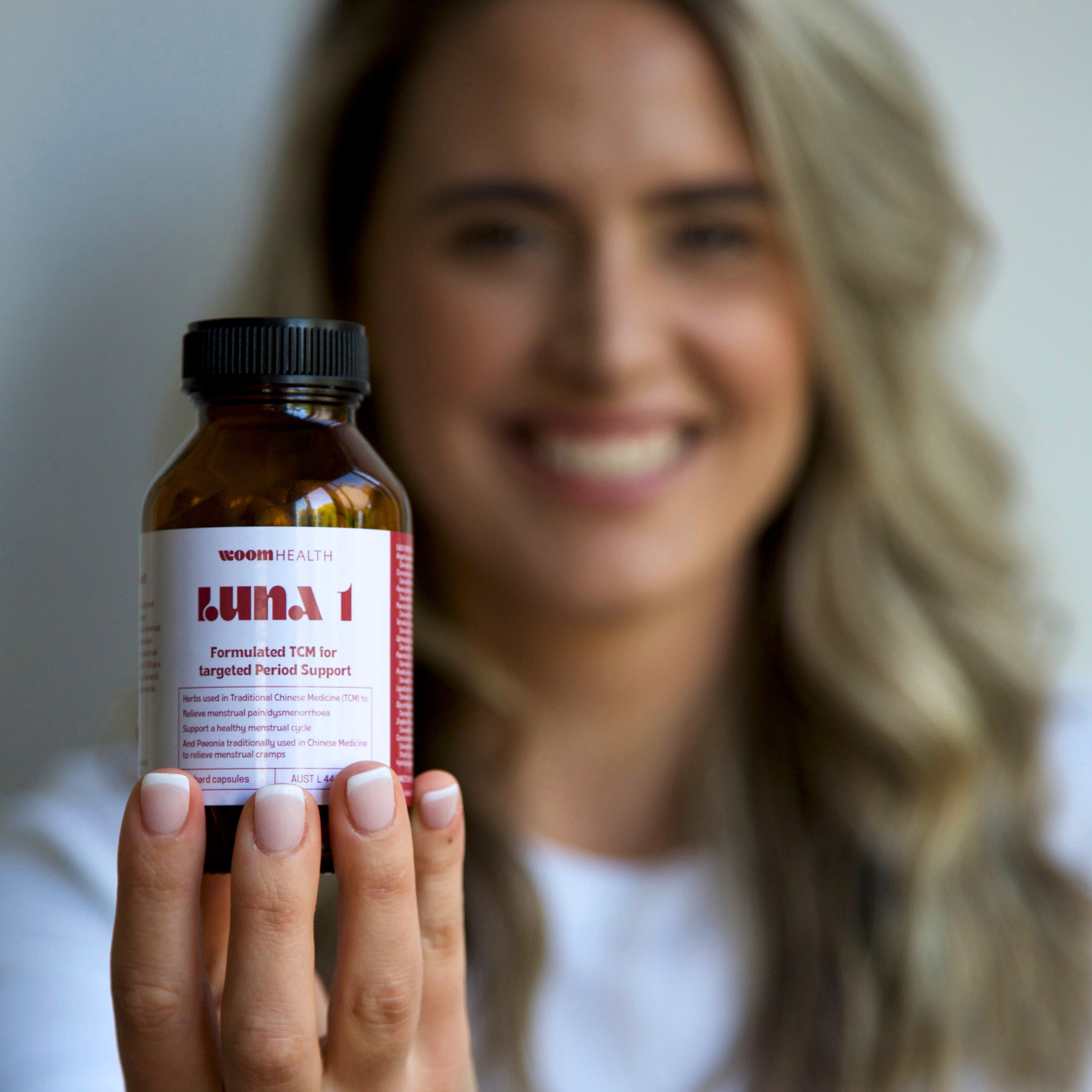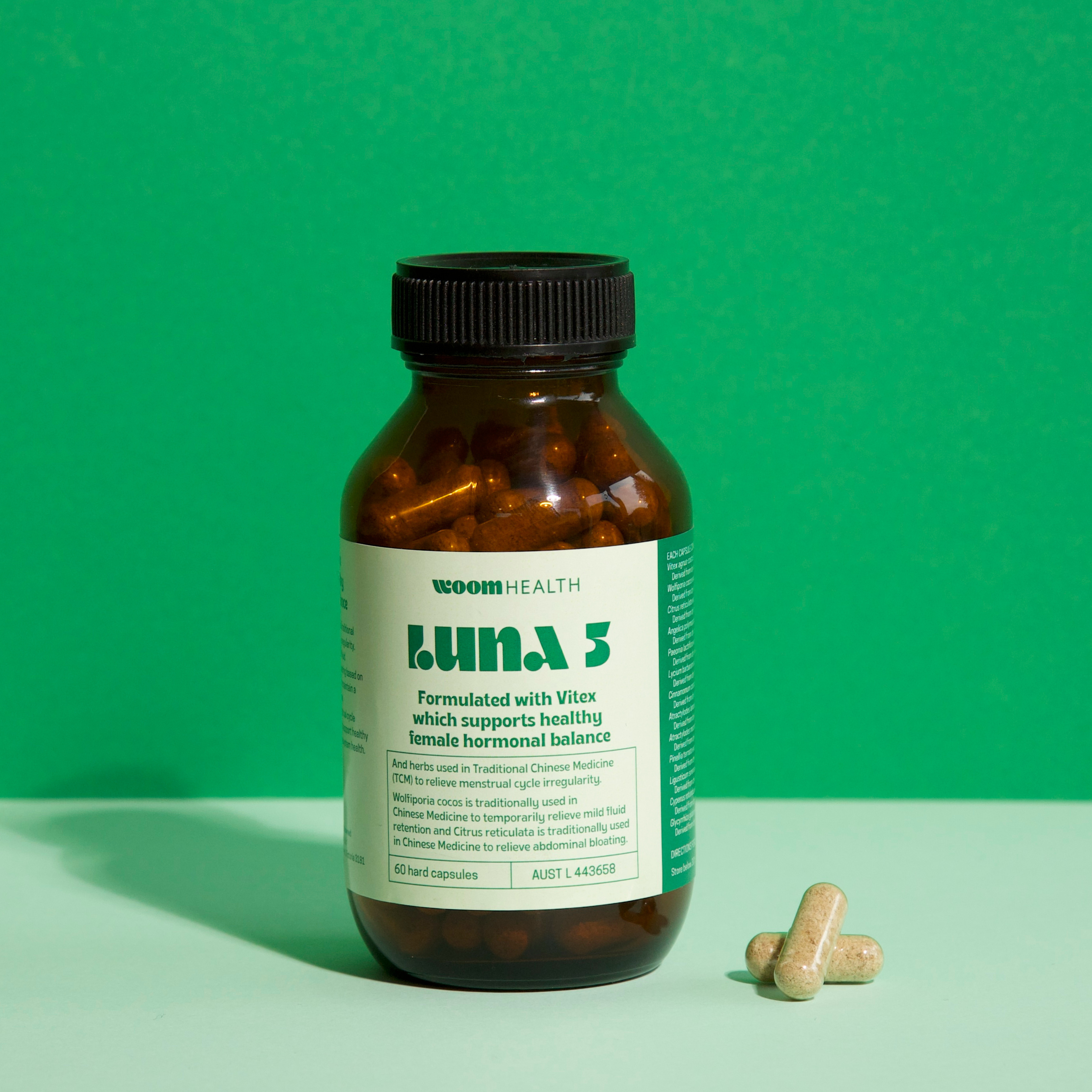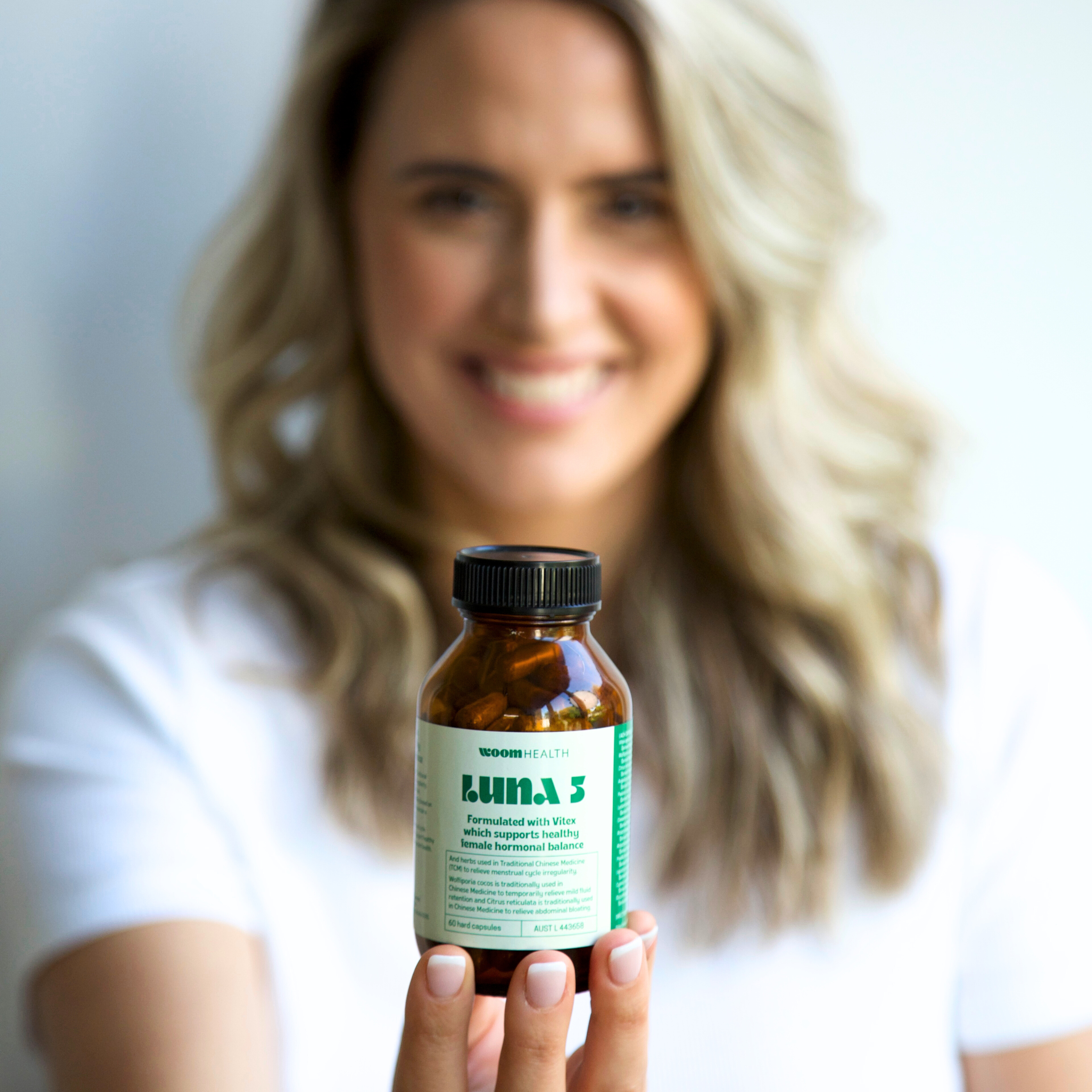Menopause and Your Heart

Menopause. The single life-altering event of every women’s life that either gets ignored or dreaded, but never embraced.
And why would it? We have all heard the horror stories. The anxiety and heart problems of menopause, the hot flashes from hell, loss of libido, and most alarmingly, the horrible mood swings that apparently turn you into a whole new person. Who would want that?
Naturally, very few open their arms to menopause willingly, and fewer still know the serious impact of menopause on their health and how to manage it.
To answer the question in your mind: yes. Menopausal symptoms and effects are manageable. And frankly, quite well. Menopause is not a disease; it’s a stage of life, just like puberty. There is no reason why this natural phenomenon should impede life as much as it does. Good food, a healthy lifestyle, the correct herbs and supplements, and knowledge of exactly what menopausal health risks are will help you take control of menopause and your heart in no time.
Let’s get started, then!
menopause and your heart
You’re probably not even thinking about heart problems when you’re going through menopause. But while it’s true that the most glaring symptoms of this stage of life are related to other parts of your body, some of them could be symptoms of underlying heart conditions.
Heart problems during menopause can happen for many reasons. Still, most often, it’s because menstruating people are at an increased risk for heart disease when they are menopausing, which alters their estrogen levels.
Women have two hormones that control their reproductive systems: estrogen and progesterone. However, estrogen also has a significant effect on blood vessels. Estrogen increases the formation of new blood vessels. It also helps older blood vessels be flexible. When estrogen levels are low, the body produces less nitric oxide. This molecule is released in the endothelium (the inner wall of blood vessels) and helps blood vessels relax, allowing them to widen and more blood to flow through them. This means that after an estrogen decline, your heart has to work harder to pump blood throughout your body.
Moreover, estrogen protects you against coronary artery disease (CAD) and heart attack. When estrogen levels drop, however, these benefits also decrease, making it easier for blood clots to form and occlude blood vessels. This may lead to chest pain or other symptoms if a clot breaks off and travels through your bloodstream until it reaches an artery near your heart or brain, where it blocks blood flow. If that happens, you could have a stroke or a heart attack.
Low estrogen levels also have a negative effect on blood cholesterol. As cholesterol increases, the formation of blood clots increases. The combined result of multiple effects of low estrogen increases the risks of heart conditions in women.
are you at risk of heart disease?
Given the nature of the hormonal changes, technically, all people who will go through menopause are at risk of developing heart problems. However, it turns out some are at more risk than others.
According to the American Heart Association, only 56% of women are aware of the risk of heart conditions associated with menopause. Being aware of the conditions that make you more susceptible to it allows you to take proper preventive measures. Moreover, It gives you power over this period of life.
according to a 2020 study, these menopausal factors are relevant to cvd risk:
1. Age at Natural Menopause
Women who get their menopause earlier than 45 years have a higher chance of developing cardiovascular diseases. This fact has been proven several times in both American and European women.
The study also mentioned the causes of women usually getting early menopause. According to the study, women of colour get their menopause earlier. It could also run in your family. Curiously, one research showed that women who have menstrual cycles of fewer than 26 days get their menopause about 1.4 years earlier. But, it was from the 1960s, so we should take that with a grain of salt. However, it is shown that women who smoke or have smoked for a long period of time in their lives could get early menopause.
2. Type of Menopause
Many research suggests that what kind of menopause you have could affect your cardiovascular risks. The current understanding is that menopause due to bilateral oophorectomy (BSO) with no estrogen therapy has a higher chance of inducing cardiovascular changes than natural menopause. However, this isn’t set in stone.
3. Menopause Stages
According to some studies, the risks increase during late perimenopause and early postmenopause. However, this only means you should continue to check with your doctor the entire time you are menopausing.
4. Endogenous Estrogens
A decline in estrogen increases cardiovascular risk, as we have already discussed.
5. Vasomotor Symptoms
Or, more simply, hot flashes. If you have them earlier, chances are you could have cardiovascular conditions.
6. Sleep Disturbance
The poor sleep quality is, the higher the risks of metabolic syndrome and the formation of clots in your heart. Sleeplessness is also associated with rigid vessel walls, which increases the risks of heart attack and stroke.
7. Depression
Depression’s effects are far-reaching. Women who didn’t have any depressive episodes in 3 to 5 years had a significant improvement in their coronary artery calcification score.
all-natural treatments for menopausal heart problems
The effects of menopause can feel like you’re navigating unchartered waters. Fortunately, there are natural treatments for menopausal heart problems that can help decrease your risk of heart disease.
here are some science-backed, tried, and true options to prevent & treat menopausal heart problems:
1. One of the common treatment options is vitamin B3 (niacin). Niacin helps reduce cholesterol levels in the bloodstream by increasing HDL cholesterol levels while decreasing LDL (bad) cholesterol levels. This can help lower your risk of cardiovascular disease and heart attack. It also reduces inflammation in blood vessels, which can help prevent atherosclerosis from developing further.
2. Dan Shen (aka Salvia miltiorrhiza) is a herb that has been used for centuries in Chinese medicine to treat a wide range of conditions. Dan Shen thins the blood by preventing platelet action and subsequent blood clotting. Moreover, it causes blood vessels to widen, which can improve circulation. The side effect? Decreased hot flushes!
It is one of the only herbs that also prevents bone resorption and treats depression and insomnia. Dan Shen also has a sedative effect, so it calms your anxiety and palpitation.
3. Green tea, or the catechins in them, is another natural treatment option that can help prevent atherosclerosis from progressing further.
4. Soy Flavonoids also provide relief. Soy is a natural alternative to hormone replacement therapy. Soy has been shown to have positive estrogenic effects, and it can help decrease hot flashes, vaginal dryness, and night sweats.
5. Food with CoQ10, like farm-fresh meat (especially heart and liver), fatty fish, oranges, and strawberries, are great additions to your heart defense. Coenzyme 10, or CoQ10, is a strong antioxidant. While many other anti-oxidants, vitamin c, for example, work amazingly on some cells, CoQ10 works directly in the mitochondria: the powerhouse/motor of almost all cells. So, when you have a high CoQ10 level, your cells simply age slower! Unsurprisingly, scientists have found a direct correlation between low mitochondrial activity and low CoQ10 and menopausal cognitive symptoms.
6. EPA and DHA are a must in the sense that you can’t produce them on your own. These two essential fatty acids may sound foreign because you have always heard of them in their combined form, Omega 3. Omega 3 is an established protector of the heart muscle but has recently been proven to help with gaining muscle mass, losing weight, increasing bone density and glucose tolerance, and significantly improving cardiac health in post menopasual women.
Take control of Menopause and your heart! Commit daily to life-changing results fuelled by plants, modern science, and ancient wisdom!
Get social & follow us for the latest on menopause.








